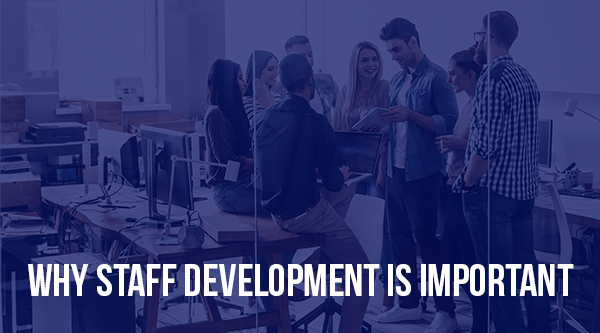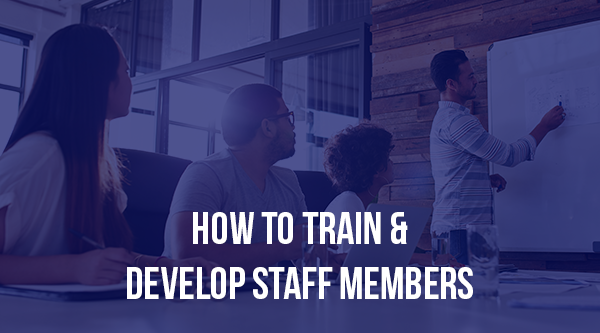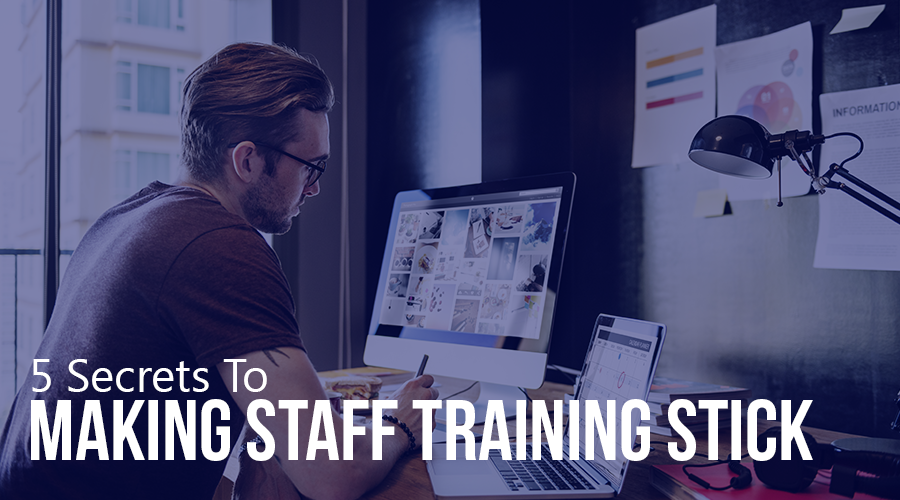Improving Your Business’s Performance Through People.
We’ve been in the mystery shopping and consumer research business for 20 years. One of the fruits of this kind of work (apart from helping businesses large and small across Ireland and the UK to identify, tackle and resolve issues inhibiting their success) is that we now sit on a goldmine of useful business information. Over the past few months we’ve been blogging consistently with some of that information (they’re all here).
What’s always most surprising to us, however, is not the myriad variety of different complaints or issues that our mystery shoppers identify; on the contrary – again and again we find the same issues raising their head. Again and again we find ourselves advising different businesses on the most effective and efficient ways of resolving the same old issues, and if you’ve read any of our blogs you’ll find that one key element of your business comes up as the solution again and again – staff behaviours and competencies.
It’s not, of course, that people don’t know their business or employees don’t value their jobs. Sometimes it’s simply a matter of getting people in the habit of upselling, or approaching customers, or effectively identifying customer needs once they have – there’s a lot of simple, effective tricks that staff can be trained in to help any business gain the edge over its competitors. The quality of that training, and making it stick – that can be an issue in itself. Here’s 5 simple rules to keep at the forefront of your mind when organising or carrying out staff training to ensure it’s as effective as it can be, and to ensure it will result in lasting value for your business:
- Variety of Training Materials: People don’t learn well when they’re bored. You need to keep the training varied and interesting, and a good way to do that is to introduce little pieces of video, of images – anything to break up what would otherwise be monotony. Fundamentally, if you engage people and keep them interested in the information and competencies you’re trying to impart, you’ll find it’ll be easier for everyone and be more likely to have lasting results.
- Don’t Lecture: Staff training shouldn’t mimic for your employees the worst elements of their past college experiences. This is very much related to the previous point: you want to engage people, not turn them off. At its worst, staff training can devolve for your employees into a long, boring way of getting away from the shop floor for a few hours. That experience does no good for anyone. Training material and information should be relevant to your staff, should be immediately actionable for them and very importantly – your employees should be involved and contributing at all times.
- Not Enough Training: Here’s an interesting statistic – staff leaving a company in the first year of employment is four times more likely in a company offering poor or no training. Direct replacement costs can reach 50-60% of the staff salary. Quite apart from encouraging staff competencies and ensuring consistent adoption of best practice across your organisation, that’s a bottom-line figure that should cause very serious pause for thought.
- How Do People Learn? People learn best when digesting bite-size chunks of information. That’s not some terrible character flaw in the younger generation, it’s simply a fact of life (don’t believe me? There’s an interesting article here). Reams and reams of facts and statistics aren’t going to engage or be absorbed by most of your employees – smaller chunks of relevant, actionable information are by far preferable. Think about it – would you have clicked on this article if I’d entitled it 5,901 Secrets To Making Staff Training Stick? Even if you had, how far down that list would you have made it?
- The Facilitator is not the main attraction: Whatever practices or competencies you may want your staff to pick up, or however accomplished or highly-paid the training professional you’ve brought in might be, your staff will know your business better than anyone else you leave in the room with them. It should be the facilitators job to tease out that knowledge and experience, encourage interaction, discussion and debate about workplace issues, and steer the conversation away from dead ends and towards productive information. Your staff will retain better those solutions and ideas that emerge organically from their own experience and discussion than list of dictates from an external expert, no matter how accomplished he or she might be.
 Reading time: 2 MinutesJune 17, 2024
Reading time: 2 MinutesJune 17, 2024 Reading time: 2 MinutesMay 27, 2024
Reading time: 2 MinutesMay 27, 2024 Reading time: 4 MinutesMay 14, 2024
Reading time: 4 MinutesMay 14, 2024 Reading time: 5 MinutesMay 2, 2024
Reading time: 5 MinutesMay 2, 2024



